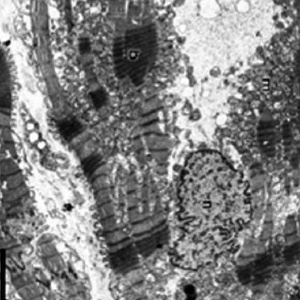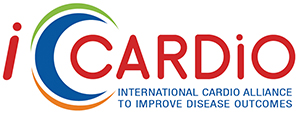The effect of SGLT2 inhibitors on health status in patients with heart failure: a systematic review and meta-analysis

Conflict of interest: 256
SUPPLEMENTARY MATERIAL: 234
All claims expressed in this article are solely those of the authors and do not necessarily represent those of their affiliated organizations, or those of the publisher, the editors and the reviewers. Any product that may be evaluated in this article or claim that may be made by its manufacturer is not guaranteed or endorsed by the publisher.
Authors
Sodium-glucose cotransporter-2 inhibitors (SGLT2i) have been shown to improve health status in patients with heart failure (HF). We aim to evaluate the effect of SGLT2i on health status [by Kansas City Cardiomyopathy Questionnaire (KCCQ)] and if effect varied by ejection fraction (EF). Randomized clinical trials of SGLT2i in patients with HF till November 2022 were assessed. Change in KCCQ total symptom score (TSS), clinical summary score (CSS), and overall summary score (OSS) from baseline to 12-16 weeks, 32 weeks, and 52 weeks follow-up were assessed. Weighted mean differences (MD) in scores and odds ratios (OR) were pooled using a random-effects model. Twelve trials (n=23,679) were included. SGLT2i significantly improved KCCQ-TSS at 12-16 weeks [MD 2.16 (1.67, 2.65); p<0.001], 32 weeks [MD 1.98 (1.43, 2.54); p<0.001] and 52 weeks [MD 1.94 (1.19, 2.69); p<0.001] follow-up. At 12-16 weeks, patients treated with SGLT2i had significantly higher odds of KCCQ-TSS improvement by ≥5 points [OR 1.27 (1.16, 1.39); p<0.001], ≥10 points [OR 1.21 (1.11, 1.32); p<0.001] and ≥15 points [OR 1.23 (1.14, 1.33); p<0.001]. Similar results were observed at mid- and long-term follow-up, and for CSS and OSS. For all analyses, findings were consistent between patients with HF with reduced or preserved EF, acute/worsening or chronic HF, and which SGLT2i used (p-interaction >0.20 for all). SGLT2i improve health status in patients with HF, with consistent and sustained benefits across all summary scores and HF subtypes. Treatment benefits were apparent within months of initiation and sustained to at least 1 year.
How to Cite

This work is licensed under a Creative Commons Attribution-NonCommercial 4.0 International License.
PAGEPress has chosen to apply the Creative Commons Attribution NonCommercial 4.0 International License (CC BY-NC 4.0) to all manuscripts to be published.
Similar Articles
- Petros Fountoulakis, Aikaterini Siama, Aimilianos Kalogeris, Marianthi Iliopoulou, Athanasios Tsoukas, Athanasios Manolis, Tricuspid valve fungal endocarditis in a patient with breast cancer and an implantable chemotherapy venous access port , Global Cardiology: Vol. 1 No. 1 (2023)
You may also start an advanced similarity search for this article.

 https://doi.org/10.4081/cardio.2024.35
https://doi.org/10.4081/cardio.2024.35













